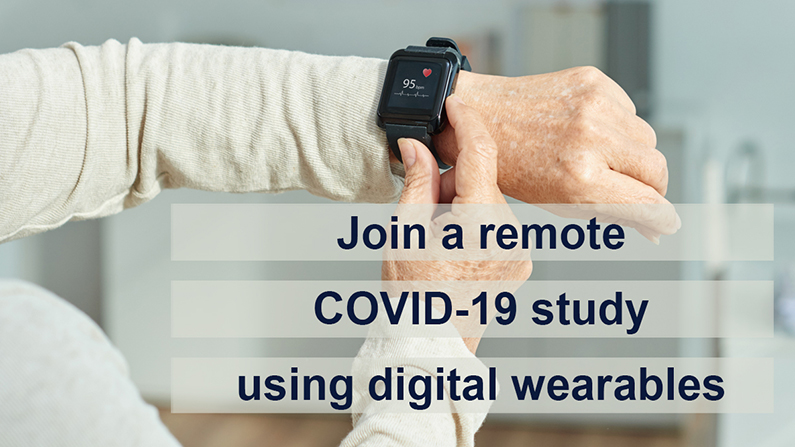Updates from the Office of Patient Recruitment
Researchers at the National Heart, Lung, and Blood Institute opened a new clinical trial testing the drug NX-2127 for adults with relapsed/refractory B-cell malignancies. NX-2127 is an oral drug that degrades a protein in B-cell malignancies, Bruton’s tyrosine kinase (BTK), instead of inhibiting or blocking it like other drugs. NX-2127 may also stimulate the body's immune T-cells to attack cancer cells. The study enrolls adults 18 years or older diagnosed with a B-cell malignancy that progressed after prior systemic therapies. Participation is at no cost and travel assistance may be available. Contact the NIH Clinical Center Office of Patient Recruitment at 866-444-2214 (TTY users dial 7-1-1), email ccopr@nih.gov or visit https://go.usa.gov/xuPDr and refer to study #000326-H.

Do you or someone you know have mild to moderate psoriasis? Researchers at the NIH Clinical Center are testing a form of vitamin B3 dietary supplement to help improve the immune system function in the blood and skin of people with mild to moderate psoriasis. Treatments and research procedures are provided at no cost. For more information, call the Clinical Center Office of Patient Recruitment at 866-444-2214, (TTY users dial 7-1-1), email ccopr@nih.gov or visit https://go.usa.gov/xdH2Y and refer to study #20-H-0044.

Do You Have Recurrent Prostate Cancer? Join a clinical study looking to find a safer radiation treatment dosage. The standard treatment for recurrent prostate cancer after surgical removal of the prostate is radiation to the prostate bed delivered over six to seven weeks. The National Cancer Institute's Dr. Deborah Citrin is conducting a study to see if a shortened or compressed radiation treatment schedule of two, three or four weeks can be as effective as standard treatments. For more information, contact the NIH Clinical Center Office of Patient Recruitment at 866-444-2214 (TTY users dial 7-1-1), email ccopr@nih.gov or visit http://go.usa.gov/xtHdD and refer to study #18-C-0028.

Researchers at the National Institute on Minority Health and Health Disparities are recruiting adults newly diagnosed with COVID-19 (within 72 hours) for a remote study. This is a remote study with no in-person visits. The study will collect physical health data using a temperature patch and digital wristband that will be provided to each patient. The collected data will be uploaded to an app using a smartphone which will help researchers gain a better understanding of how COVID-19 progresses in patients and its long-term effects in patient groups with different demographics and risk profiles. To learn more, contact the NIH Clinical Center Office of Patient Recruitment at 866-444-2214 (TTY users dial 7-1-1), email ccopr@nih.gov or visit https://go.usa.gov/x676m and refer to study #000315.

Researchers at the Eunice Kennedy Shriver National Institute of Child Health and Human Development are seeking healthy women to compare with women who have experienced implantation failure and/or early or recurrent pregnancy loss. Researchers want to look at the uterine lining, called the endometrium, to understand its role in implantation and miscarriage. To learn more contact the NIH Clinical Center Office of Patient Recruitment at 866-444-2214 (TTY users dial 7-1-1), email ccopr@nih.gov or visit https://go.usa.gov/xzE5 and refer to 000206-CH.
